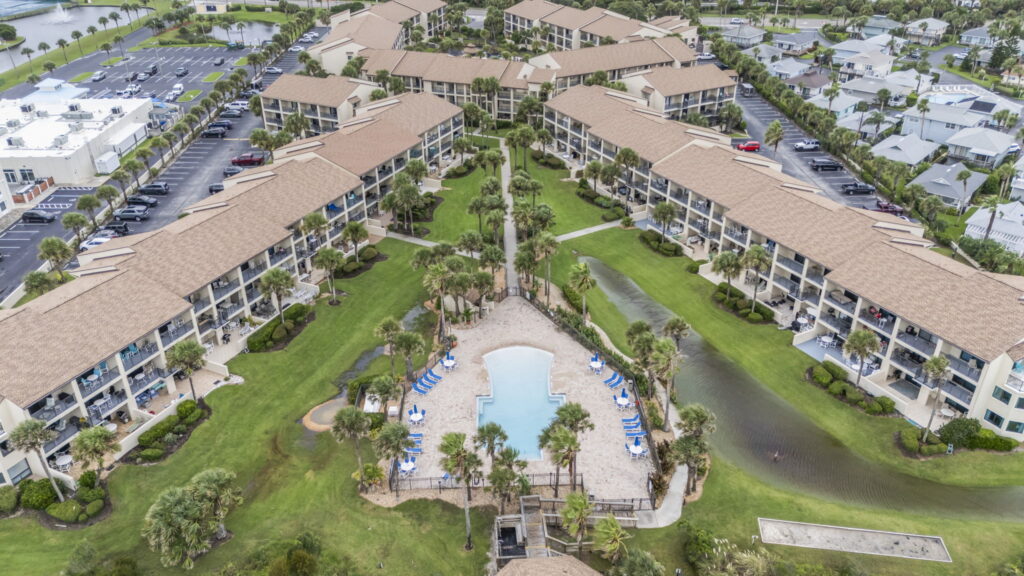
Investing in Florida can be appealing for many reasons, but it also comes with its own set of questions and concerns. Here are some of the biggest questions investors typically have:
- What are the current real estate trends in Northeast Florida?
Families moving to St Johns County for school district, investors considering Jacksonville and drive markets for long term or furnished rentals, short term rental opportunities in St Augustine, a large tourism market, transitional areas still potential to grow equity and has not seen ceiling in values. Year-round tourism destination.
2. Are prices rising or falling, and what factors are driving these changes?
Due to demand prices are strong. Falling prices are an indicator of a slower market heading into the fall and winter season. Normal seasonality is listing peaks in spring and early summer and a high of closings.
3. Which areas in Florida are the most promising for investment?
Jacksonville has been a favored market for rental properties. St Augustine and Palm Coast are favored for short term and vacation homes.
4. Are there emerging neighborhoods or cities that offer better potential returns?
Parts of Jacksonville and west St Augustine (west King St) are being redeveloped and investors will see returns over time.
5. What are the tax implications of investing in Florida?
No state income tax makes the state appealing for high income earners who want to call Florida their primary residence.
6. How do state and local regulations affect property ownership and rental income?
Property taxes differ between county and city, depending on where the property is located. Check your local jurisdiction’s tax assessor website to see current and projected taxes for the property. Tax amounts differ between Duval, St Johns, Nassau and Clay counties. City of St Augustine also has a tax structure. No sales tax on rental income if lease is over 6 months. For rentals 6 months or less it is considered a short term rental and sales tax will be due to the Florida Dept of State, as well as TOT taxes to the local jurisdiction.
7. How do insurance costs, particularly for flood and hurricane coverage, impact investment returns?
Many properties you will see will be Flood Zone X. This is a high and dry zone that does not generally flood and flood insurance will not be required by your lender. If the property is located in an AE zone then your lender will likely require flood insurance in addition to homeowner’s insurance. Check our local carriers for pricing.
8. What is the demand for rental properties?
St Johns County has 6 million visitors per year and latest data shows 2 million visitors annually to St Augustine, the nation’s oldest city. Demand for overnight stays peaks in Dec, Jan, Mar, May and July along with good annual stays. For long term rentals, jobs are increasingly coming to Duval and St Johns County as companies relocate and move to the area. Major investments include Amazon, Publix, all Jax area ports, Anderson-DuBose Company, Northrop Grumman, Stellar Energy, FlexCold (to name a few) have multi million dollar investments underway. This means more money into infrastructure, more jobs, more relocations, a healthy demand for homes
9. How do climate risks such as hurricanes, affect property values and investment strategies in Florida?
Hurricane season is generally September and October when storms can hit. Even with oceanfront homes, we have not seen property values decrease, in fact they have remained strong or gone higher.
10.What financing options are available for investors
There are a multitude of financing options available for investors. These include Second Home Loans, DSCR loans (debt service coverage ratio), Fix and Flip loans, new construction loans and hard money loans to name a few.
11. Should I invest in long-term rental properties, or is there a better opportunity with short-term vacation rentals?
There is opportunity with both asset classes. It depends how much time you have and if you want to run a hospitality business or have something more hands off.
12. How easy is it to sell properties in the current market?
Current days on market for a single-family home to sell is about 45 days.
13. Should I hire a property management company, or can I manage the property myself?
This depends how much time you have to dedicate to the business. If you are remote or if you are local may also play a part in whether you have a property manager. There are pros and cons to both. New investors would be wise to have a property manager involved to draw up leases, vet tenants or help co-host a short term rental to get it off the ground.
